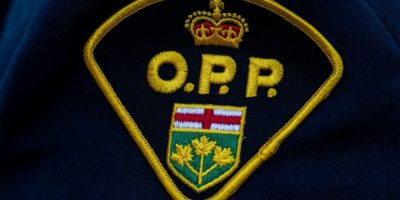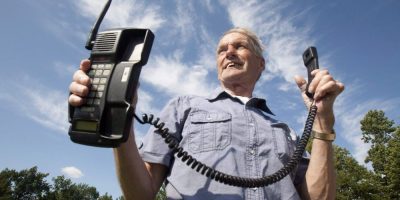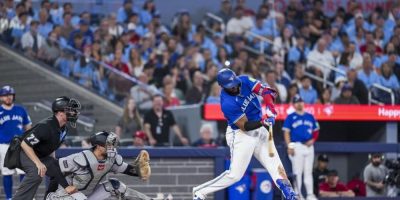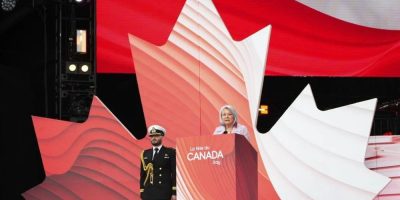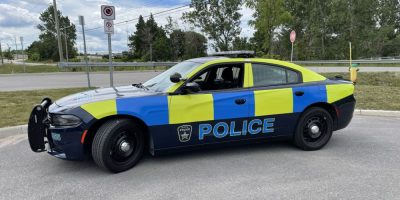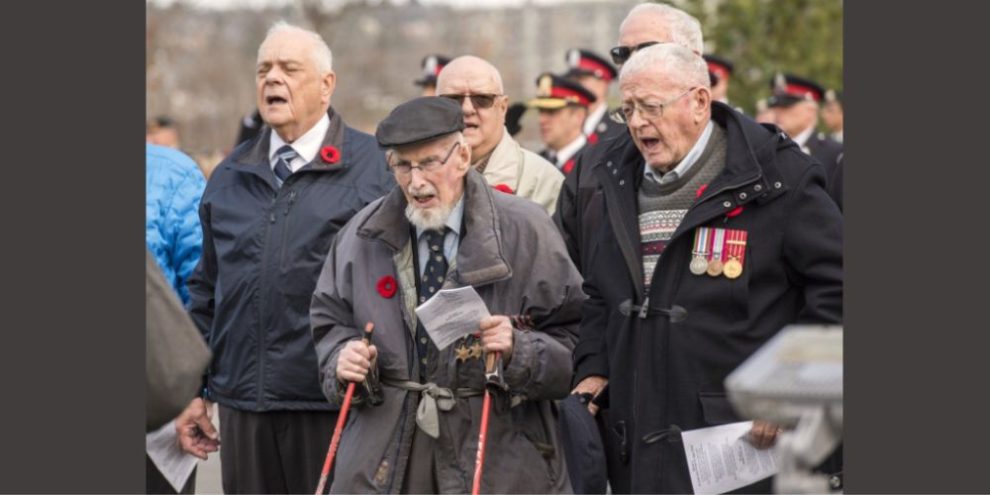
By Hina Alam in Fredericton
Angus Hamilton, who served as a radar technician in Southeast Asia during the Second World War and returned home to a successful career in the civil service and academia, has died in Fredericton at the age of 100.
Born in Listowel, Ont., on April 18, 1922, Hamilton grew up on a farm, with the Great Depression shaping his early years.
"The war had come at the best possible time for me," he wrote in his book, "For King and Country," one of seven he authored chronicling his life.
"I was 17 in 1939 when the war began; I signed up when I was 18 and I had just turned 19 when I reported for duty. I wasn't close to settling down. I was at the age when adventure calls."
In an interview in November when he attended a Remembrance Day ceremony in Fredericton, Hamilton said he had wanted to be a pilot, "like every boy, but my eyesight was not good enough." Instead he became a radar technician with the Royal Canadian Air Force, serving on night fighter squadrons in Northern Ireland and India until the end of the war.
"During the war none of us was allowed to say where we were or what we were doing, and, after the war no one cared," he said in another of his books about the war years.
Hamilton died at home last Saturday, just three days shy of his 101st birthday. His funeral was held Thursday in Fredericton.
His daughter Anne Hamilton said that like most children, she didn't pay much attention to her dad's work or his war experience when she was growing up.
"We always knew he had been in India during the war," she said in an interview Friday. "We knew he'd been in India because we had curry when we were growing up. We were in a very white bread neighbourhood, and we were the only ones on the street who ever had curry."
Her sister, Elizabeth Hamilton, said that as a youngster she thought her father had been in a "different war."
"The war was in Britain ... on the continent, and I could not conceive ... everybody up and down the block knew about Europe," she said. "It was in the news. Nobody in the news talked about India. And nobody talked about Canadians in Southeast Asia."
While he was mostly shielded from combat, Hamilton saw fire once in Myanmar, then called Burma, Elizabeth Hamilton said. His children learned he was not a fan of the jungle and suffered from malaria, jaundice and stomach problems during his years in India.
For several years after he returned from the war, Hamilton got depressed around Remembrance Day.
"I sort of never understood it, because I didn't think he had been in the real war," Elizabeth Hamilton said. "I didn't find out about it until he started talking about his best friend."
That friend, a pilot, died while training another airman, she said. Her father revealed that his friend was likely suffering from what is now called post-traumatic stress disorder and did not want to fly.
"It was not just because he had lost a friend, but it was because he knew how tenuous his friend’s hold was on life and sanity .... Dad was angry that his friend had been put into this situation."
But it was the "very clear sense of service" and obligation that led him and his friends to sign up for the war, she added.
"It changed his life," said her sister. "It gave him an education, which he wouldn't have got otherwise."
After returning home from the war, Hamilton moved to Ottawa for a career of surveying and mapping positions in what is now the Department of Natural Resources. He eventually moved to Fredericton to become chairman of the department of surveying engineering at the University of New Brunswick.
John McLaughlin, who went on to become UNB president, was hired by Hamilton in 1972 as a lecturer in the surveying engineering department.
He recalled his first meeting with a man who wasn’t flashy or charismatic but had an authoritative presence, exerting intelligence and experience that inspired confidence.
McLaughlin said Hamilton is "the very end of that sort of generation" who were shaped by world war and emerged tenacious, thoughtful, humble and resilient. Tim Cook, research director at the Canadian War Museum in Ottawa, said he believes there are likely fewer than 20,000 Canadian veterans of the Second World War still alive.
"He's part of a generation who went to war, over a million Canadians went to war, and he came back and then sort of built this terrific country," McLaughlin said. "In many ways, it's the very end of that era."
This report by The Canadian Press was first published April 22, 2023.
Banner image via The Canadian Press

